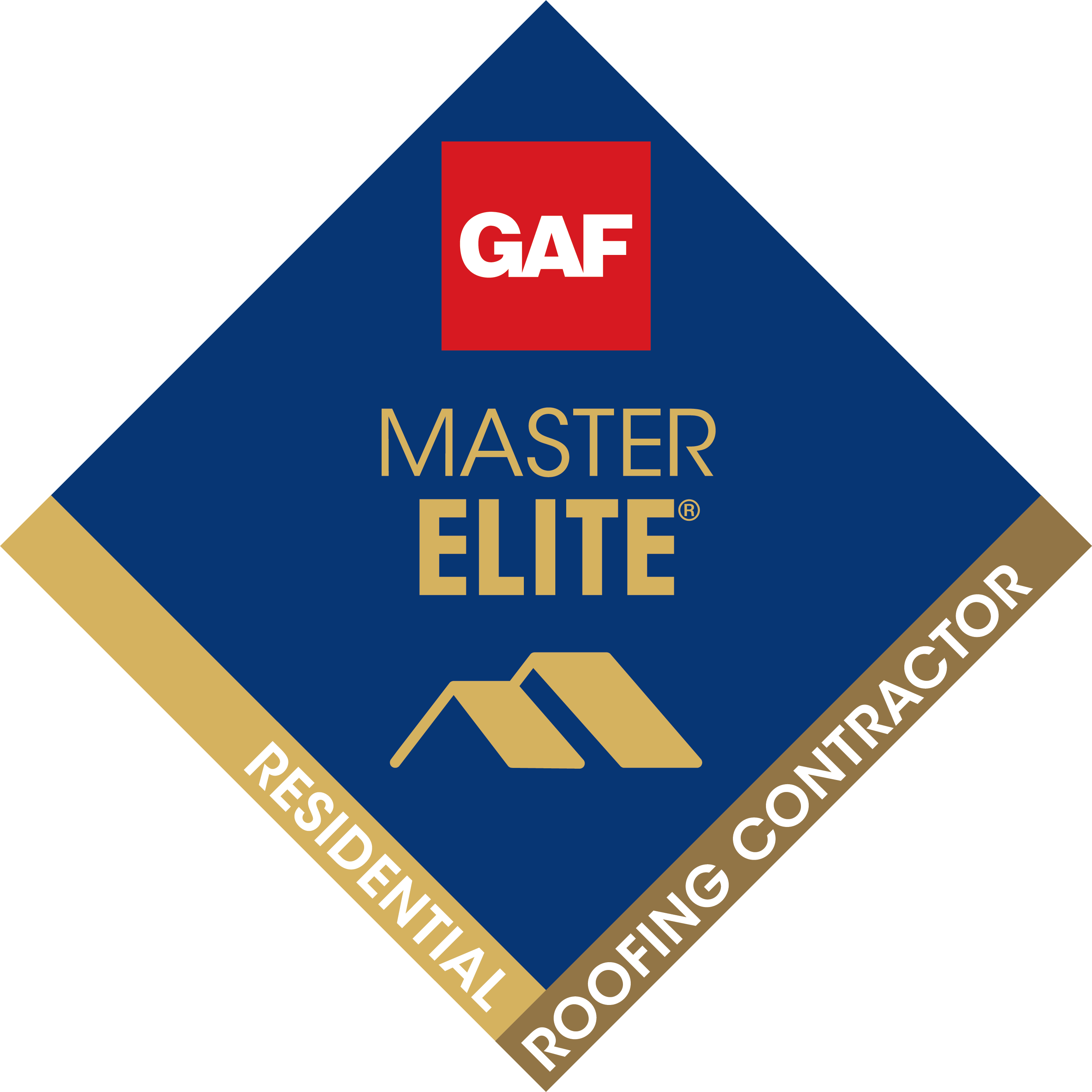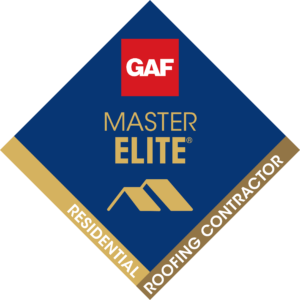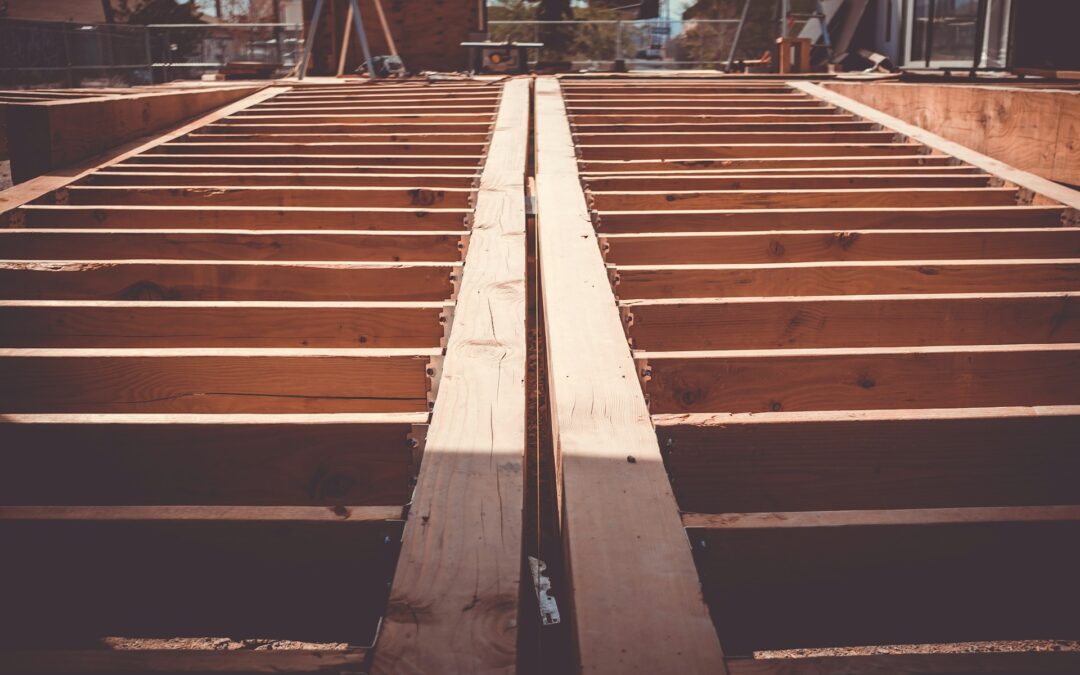What is a GAG Contractor?
A GAG contractor specializes in managing and supplying the general, administrative, and overhead expenses associated with a construction project. These expenses encompass a wide range of non-material and non-labor costs essential for the project’s smooth operation. Here’s a breakdown of the core areas a GAG contractor typically handles:
- General Expenses: This includes permits, licenses, temporary utilities, insurances, construction site security, and professional fees (e.g., architects, engineers).
- Administrative Expenses: This covers office supplies, communication costs, payroll processing, and other administrative tasks needed to run the project efficiently.
- Overhead Costs: This refers to the indirect costs associated with running the contractor’s business, such as salaries for office staff, equipment depreciation, and marketing expenses.
Why Consider a GAG Contractor?
There are several advantages to employing a dedicated GAG contractor for your construction project:
- Expertise: GAG contractors possess specialized knowledge and experience in managing these complex costs. They can ensure compliance with regulations, optimize resource allocation, and potentially reduce overall project expenses.
- Efficiency: By outsourcing GAG management, you free up your team to focus on core construction activities like scheduling, material procurement, and quality control.
- Transparency: A reputable GAG contractor will provide clear and detailed cost breakdowns, fostering transparency and trust throughout the project.
- Risk Management: GAG contractors can help mitigate risks associated with cost overruns and unexpected expenses.
Finding the Right GAG Contractor for You
The key to a successful partnership with a GAG contractor lies in finding one that aligns with your project’s specific needs. Here’s a roadmap to guide you through the selection process:
1. Define Your Project Requirements:
- Project Scope: Clearly outline the project’s size, complexity, and timeline.
- Budget: Develop a realistic budget for the project, including an allocation for GAG expenses.
- Expertise Required: Identify any specialized skills or certifications necessary for your project (e.g., environmental permits, hazardous material handling).
2. Research Potential Contractors:
- Industry Reputation: Look for contractors with a proven track record and positive reviews from past clients. Industry associations and online platforms can be valuable resources for gathering information.
- Experience: Prioritize contractors with experience in handling projects similar to yours in terms of size, complexity, and industry sector.
- Location: Consider the contractor’s geographical location. Local contractors might have a better understanding of regional regulations and permit processes.
3. The Pre-Qualification Process:
- Request for Qualifications (RFQ): Develop an RFQ document outlining your project requirements and selection criteria. This document helps attract qualified contractors and streamlines the selection process.
- Shortlist Candidates: Based on the RFQ responses, shortlist a few contractors who best meet your needs.
4. In-Depth Evaluation:
- Meetings and Interviews: Schedule meetings with shortlisted contractors to discuss their approach, experience, and qualifications in detail.
- References: Contact references provided by the contractors to gain firsthand insights into their work ethic, communication style, and ability to deliver on commitments.
- Insurance and Licensing: Ensure the contractor possesses the necessary insurance coverage and licenses to operate in your region.
5. Contract Negotiation and Finalization:
- Scope of Work: Develop a detailed contract outlining the scope of services, responsibilities, fee structure, payment schedule, and dispute resolution process.
- Performance Guarantees: Consider including clauses that incentivize the contractor to meet specific performance benchmarks related to cost management and project delivery timelines.
Additional Considerations
- Communication Style: Choose a contractor with whom you can establish clear and open communication channels. Regular communication is vital for ensuring the project stays on track and addressing any concerns promptly.
- Technology Integration: Inquire about the contractor’s use of technology for project management, cost tracking, and reporting. Efficient software solutions can enhance transparency and collaboration throughout the project lifecycle.
In Conclusion…
By following these steps and conducting thorough research, you can confidently select a qualified GAG contractor who becomes a valuable asset to your construction project. A skilled GAG contractor can streamline operations, optimize costs, and ultimately contribute to a successful project outcome. Remember, the right contractor can make a significant difference in your project’s success.
Remember, the right contractor can make a significant difference in your project’s success. For expert advice on managing GAG costs in your construction project, consider consulting a qualified professional.





